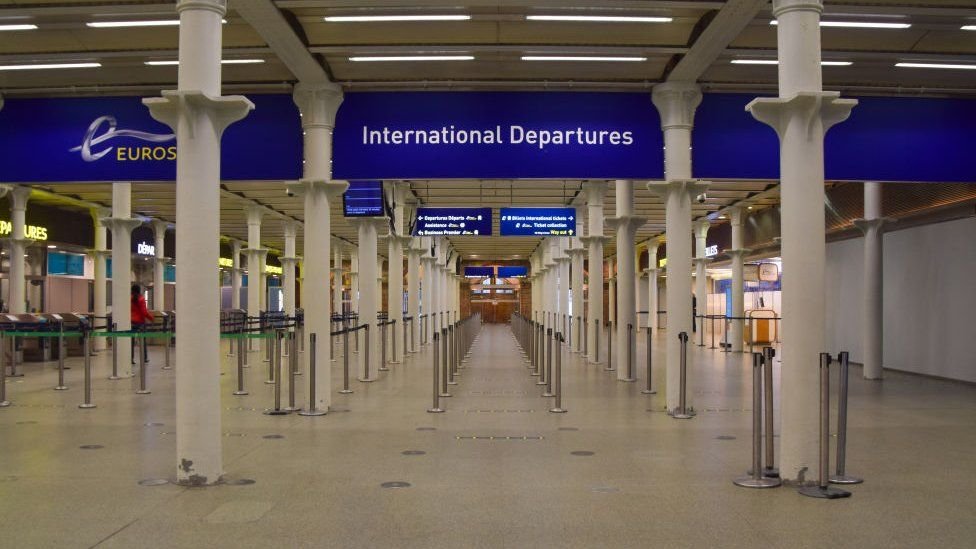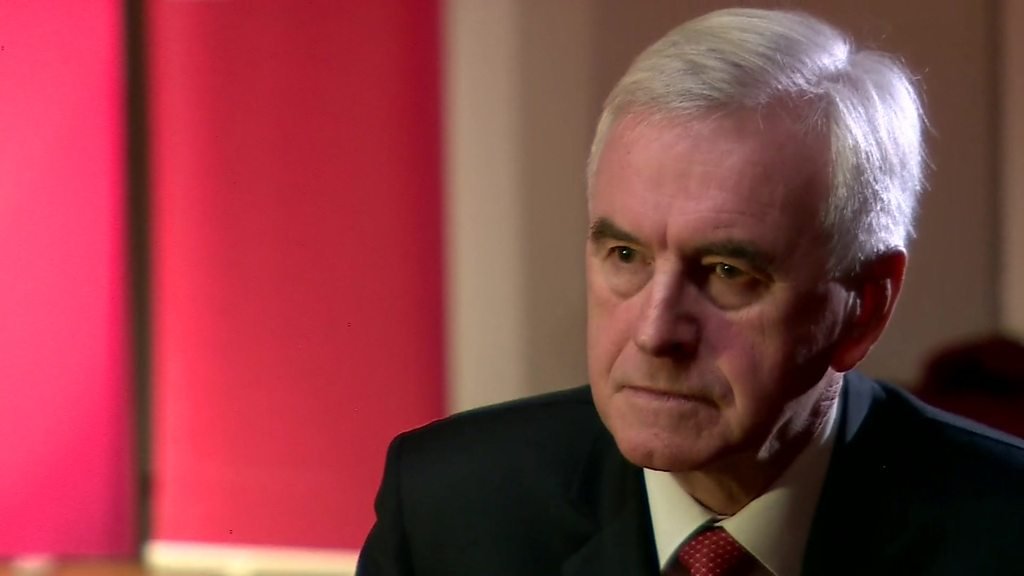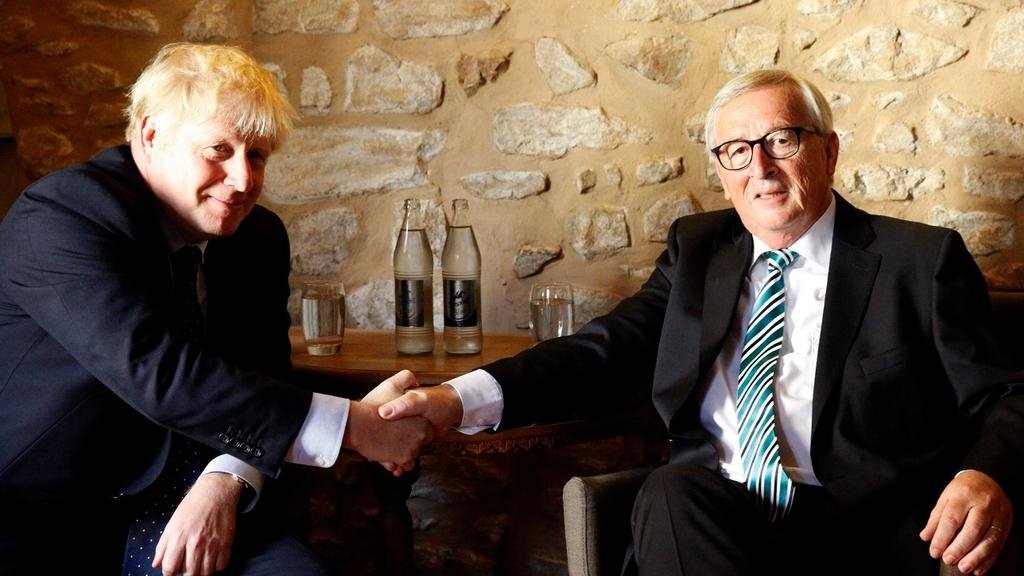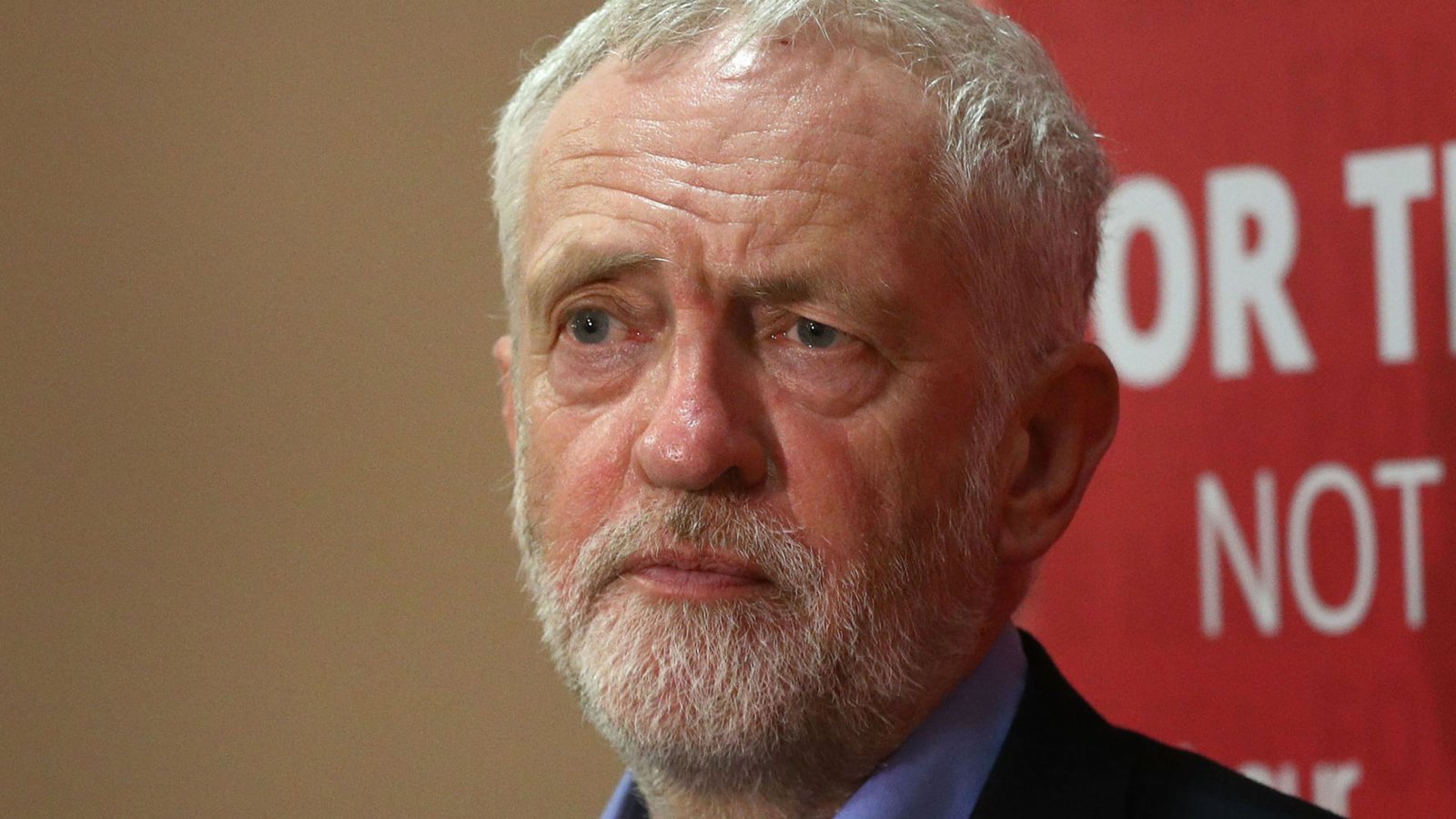British Prime Minister Theresa May’s announcement of early general elections in June boosted the pound sterling against the U.S. dollar, and drew favorable comments from economists.
However, May must wait until Wednesday for the House of Commons to decide on her proposal to bring the elections forward to June from its set date of May 2020.
Foreign exchange markets did not hesitate to give their verdict.
Sterling was traded as high as 1.29 U.S. dollars in early afternoon trading in New York, having made gains from 1.25 U.S. dollars in trading in London.
 Yet some of the companies in Britain’s blue-chip FTSE 100, whose businesses are often global and frequently priced in U.S. dollars, suffered losses from the sterling surge. The FTSE 100 index lost 2.5 percent to close at 7147.5.
Yet some of the companies in Britain’s blue-chip FTSE 100, whose businesses are often global and frequently priced in U.S. dollars, suffered losses from the sterling surge. The FTSE 100 index lost 2.5 percent to close at 7147.5.
For some economists, the general election bid by May was welcome news.
“From an economic point of view, it certainly looks to make the most sense for the Conservative government to hold a general election as soon as possible — if the prime minister had come to the conclusion that a general election was warranted on 8 June to guarantee political certainty and solidarity through the Brexit process,” said Howard Archer, chief British economist at IHS Markit analysts in London.
The impact of the Brexit referendum in June 2016 was unexpected, and such a result was going to be bad for the economy, many experts said before the vote.
Yet, the dire warnings before the vote have failed to materialize in economic figures, with only sterling suffering.
This large sterling fall is now making itself felt in inflation. Inflation was at 2.3 percent in March, up from 0.5 percent last June.
Consumers, who are currently the main drivers of economic growth, have only just begun to rein in their spending.
“Consumers’ purchasing power is being ever more squeezed by rising inflation and muted earnings growth — and the squeeze seems highly likely to deepen over the coming months. The positive gap between annual earnings growth and consumer price inflation was only 0.4 percentage point in the three months to February, which was the weakest real earnings growth rate since 2014,” said Archer.
An election in June would forestall the worst of that impact.
Paul Hollingsworth, an economist at Capital Economics, an economic analysis firm in London, said sterling’s rally against the U.S. dollar and against the euro was a vote of confidence in May’s decision, and a sign that markets believed a general election would lead to increased stability.
However, he said he “doubted that the election announcement will have a significant economic effect in the near term.”
Turning to the Brexit process, Hollingsworth said it would deliver a stronger mandate to May but did not make the likelihood of a “Hard” Brexit completely clear-cut.
“This is another interesting twist to the Brexit story, but there is nothing in all of this to alter our view that the economy will continue to hold up rather better than is generally expected,” said Hollingsworth.
Trade unions reacted favorably. Tim Roache, general secretary of the large GMB union, said it was “right that an un-elected Prime Minister goes to the polls.”
Business reaction was also favorable. Terry Scuoler, chief executive of EEF, the manufacturers’ representative organization, said: “Industry will welcome the prime minister’s decision to seek a clear mandate. The last year has been one of considerable uncertainty which, if it had gone on unchecked, would have risked hampering future investment.”
Scuoler said Britain had significant negotiations to undertake with the EU and that doing this with a “fresh and stable mandate from the country can only provide greater certainty about the future direction of travel for policy.”







